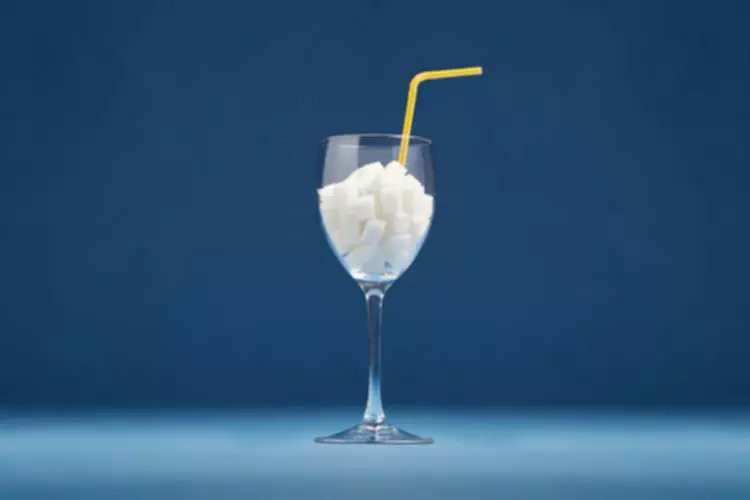
Sometimes, it can seem like there are various factions in addiction treatment at war with each other. It looks like each group claims to have the one answer to solving the problem. The 12-step proponents may argue that abstinence and the steps are the only way. Psychologists and medical doctors, on the other hand, say that the 12-steps are unscientific and unproven.

What Are the 12 Steps of Recovery?

Usually, there is no counseling or other treatment, spiritual or otherwise, involved in the detoxification phase of recovery. Detoxification treatment is aimed at reducing or eliminating symptoms while your body is getting used to not having alcohol or drugs in your system during the “drying out” period. Research has shown that people trying to quit have better results if they participate in a mutual support or self-help group in their recovery program.
Seven-Day Alcohol Detox
In stage five, stages of alcoholic recovery you are continuing to do what is working for your alcohol recovery. You establish new and healthier habits that promote your program of recovery. Some people say that it is easy to get sober but hard to maintain sobriety. During this stage of maintenance, you will see what works best for you and stick with it. There is a saying in AA groups that some members get sober and then float away on a pink cloud.
- For many people, this means first going through a medically assisted detoxification process at an alcohol addiction treatment center.
- Some of the physical symptoms include shakiness, bloated appearance, sweating, changes in skin complexion, weight gain or loss, nausea, sleep issues and more.
- Alcohol has a remarkable ability to allow drinkers to forget or stop caring about their issues, which is why it’s so tempting to escalate when someone is feeling stressed.
- Difficulty getting long, restful sleep is also common in the early days of the alcohol recovery timeline.
- Participation in aftercare or continuing care programs is also crucial to mitigate the risk of relapse and to sustain the progress made during detox.
Signs of Tolerance and Dependence
- In fact, studies have highlighted the therapeutic value of attending support groups, where sharing experiences with those who face similar challenges bolsters one’s resolve to stay sober.
- These occasional uses can then become a regular part of your routine, like drinking every day after work instead of just during social events.
- There are thousands of alcohol and drug treatment centers and clinics in the United States that offer both outpatient or residential treatment for alcoholism and addiction.
- For example, multiple studies have demonstrated an inverse relationship between aerobic exercise and substance abuse.
- Aftercare services may consist of ongoing therapy, support groups, and educational workshops.
It’s common for people with an alcohol use disorder to switch from beer to wine to hard liquor because it is a more cost-effective way to get drunk. If you find yourself continually needing to consume more alcohol to achieve the buzz you’re looking for, you should consider getting help. Alcoholics Anonymous (AA), arguably the most well-known alcohol recovery program, is based on a set of spiritual principles that provide tools for living sober. Supportive networks can include friends, family members, support groups, or sponsors who provide encouragement, understanding, and accountability. These individuals play a vital role in helping individuals navigate the challenges of recovery.

Stage 4: Rehabilitation and Therapy

These positive emotions can feel powerful and extremely encouraging, but when they stop, the lows can be crushing. Recovery can feel like a roller coaster as emotions work themselves back to normal, and being unprepared for it can trigger a relapse. Rebuilding life also involves practical aspects such as managing finances, which may have been affected by the period of addiction. Individuals may need guidance on budgeting, addressing debt, and finding stable employment.
In brief, we understand that feeling good after the first few months might seem like an appropriate time to pull back from your sobriety or moderation toolkit, but we encourage you to instead lean in. You will only continue to fortify your good habits and solidify your progress towards treating alcohol dependence. Loss of appetite is common in the early stages of changing your relationship with alcohol, and hydration is crucial to replenishing the body. Whole grains, fruits and vegetables, and proteins low in fat are all beneficial to boosting energy and feeling full on a sensitive stomach.
- Groups such as Alcoholics Anonymous or other community support networks can provide a sense of belonging and a safe space to share experiences and gain insights from others on a similar path.
- These people should be prepared to seek medical help if the person in detox begins experiencing symptoms of delirium tremens, which include seizures, hallucinations or confusion.
- During this critical phase, individuals are adapting to a new way of life without the influence of alcohol, which can be daunting and overwhelming.
- It’s important to note that alcohol withdrawal can be potentially life-threatening, and therefore, should be done under medical supervision.
They may include headache, mild anxiety, insomnia, mild shakiness or tremors, and an upset stomach. If you feel that any of our content is inaccurate, out-of-date, or otherwise questionable, please contact at Immune systemDrinking too much can weaken your immune system, making your body a much easier target for disease.
